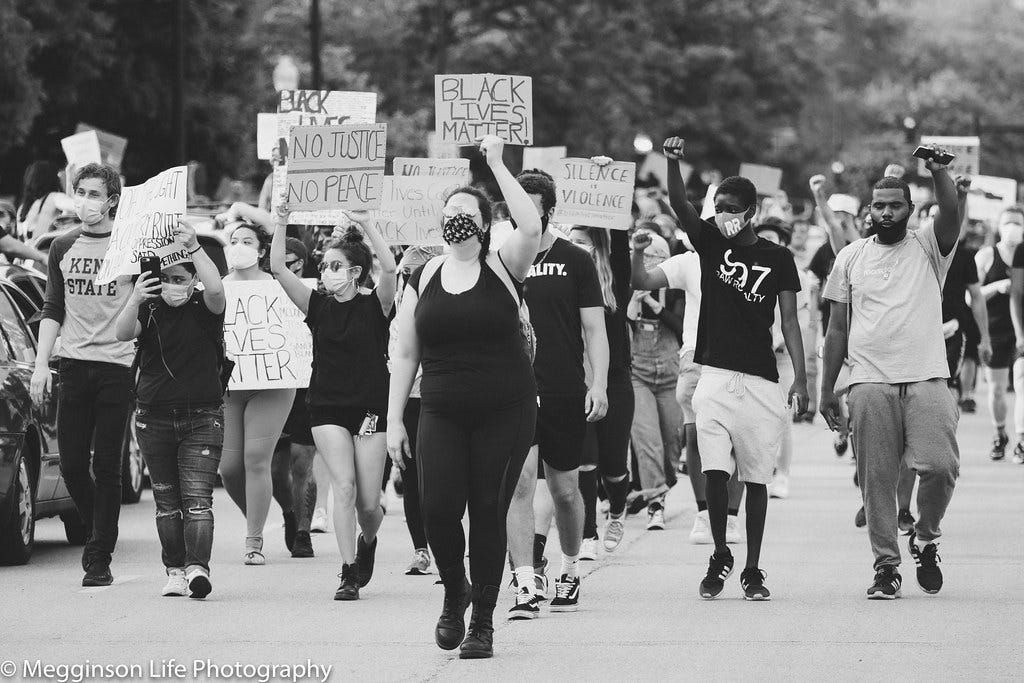Five years since George Floyd – we are going backwards on race
PLUS: Our view on the Brexit reset deal, latest ReformWatch, new from The Lead North and the launch of The Lead Digest.
It is half a decade since George Floyd was murdered in Minneapolis by a white police officer who knelt on his neck for nine minutes. Floyd was far from the first unarmed Black man to be openly killed by a police officer, nor was his the first murder to be caught on camera, or shared widely across…




